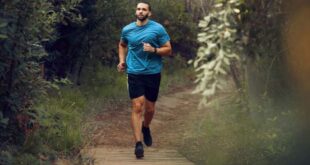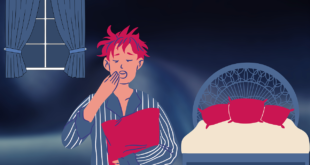Physical inactivity presents a major public health challenge and is estimated to cause six to ten percent of the major non-communicable diseases. Studies show that immigrants, especially women, have an increased risk of non-communicable diseases compared to ethnic Swedes.
Somali immigrant women have increased rates of overweight and obesity, low fitness levels and low levels of cardiorespiratory fitness compared to non-immigrant women. These findings suggest that Somali women are at increased risk of developing lifestyle-related diseases.
Few studies explore determinants of physical activity among Somali women. The aim of this study was to explore Somali women’s views and experiences of physical activity after migration to Sweden.
Methods: A qualitative focused ethnographic approach was used in this study.
Four focus groups were conducted with twenty-six Somali women ranging from 17 to 67 years of age. Focus group discussions were recorded, transcribed verbatim and analysed using qualitative content analysis.
Results: The analysis resulted in four main themes and ten categories: Life in Somalia and Life in Sweden, Understanding and enhancing health and Facilitators and barriers to physical activity.
Great differences were seen between living in Somalia and in Sweden but also similarities such as finding time to manage housework, the family and the health of the woman. The extended family is non-existent in Sweden, making life more difficult.
Health was considered a gift from God but living a healthy life was perceived as the responsibility of the individual. Misconceptions about enhancing health occurred depending on the woman’s previous life experience and traditions.
There was an awareness of the importance of physical activity among the participants but lack of knowledge of how to enhance activity on an individual basis. Enhancing factors to an active lifestyle were identified as being a safe and comfortable environment.
Conclusions: Some barriers, such as climate, lack of motivation and time are universal barriers to an active lifestyle, but some factors, such as tradition and religion, are distinctive for Somali women.
Since traditional Somali life never involves leisure-time physical activity, one cannot expect to compensate for the low daily activity level with leisure-time activity the Swedish way. Immigrant Somali women are a heterogeneous group with individual needs depending on age, education and background.
Tailored interventions with respect to Somali traditions are necessary to achieve an actual increase in physical activity among migrant women of Somalian origin.
Author: Gerthi Persson Amina Jama Mahmud Eva Ekvall Hansson Eva Lena Strandberg
Credits/Source: BMC Women’s Health 2014
 Daryeel Magazine
Daryeel Magazine




